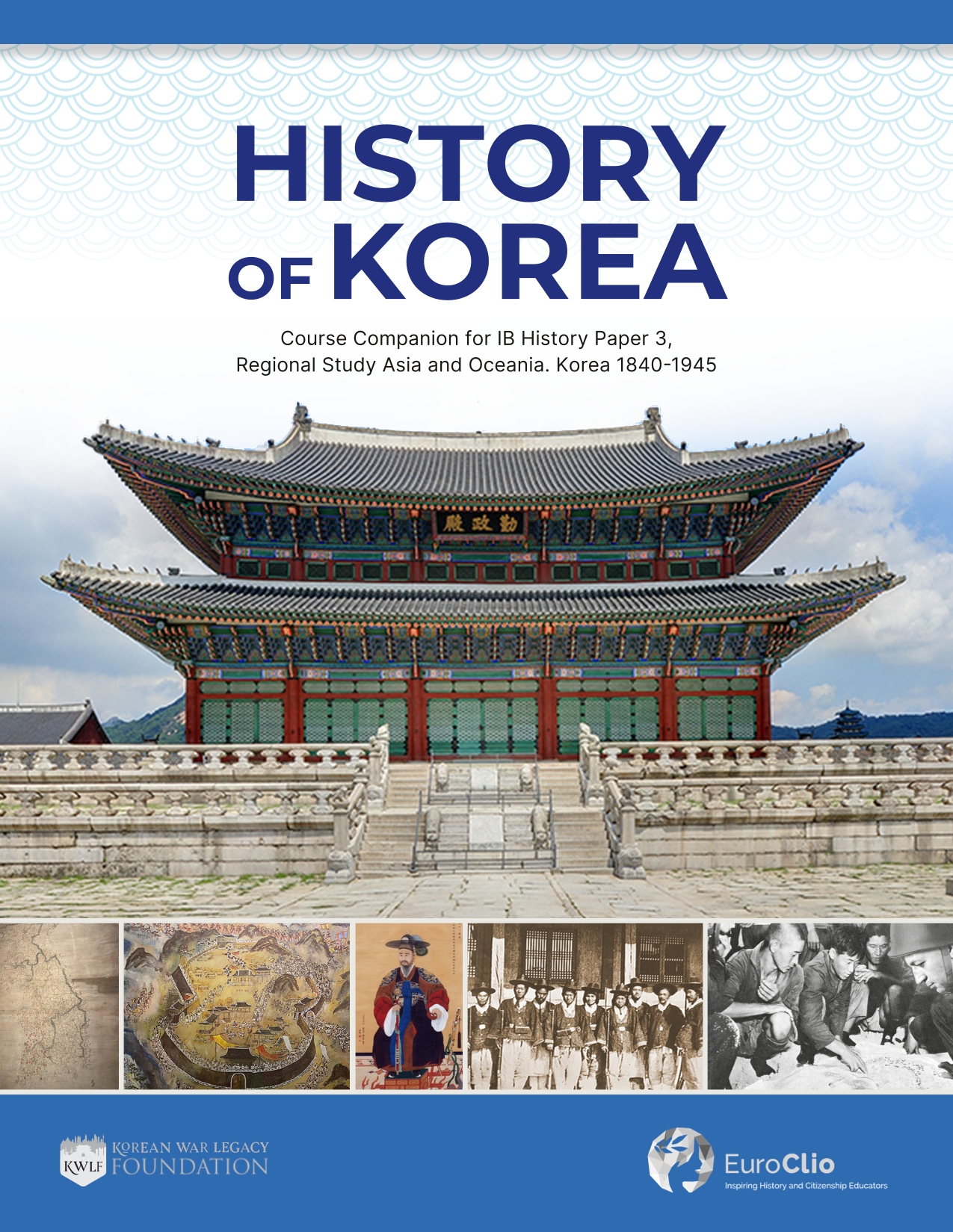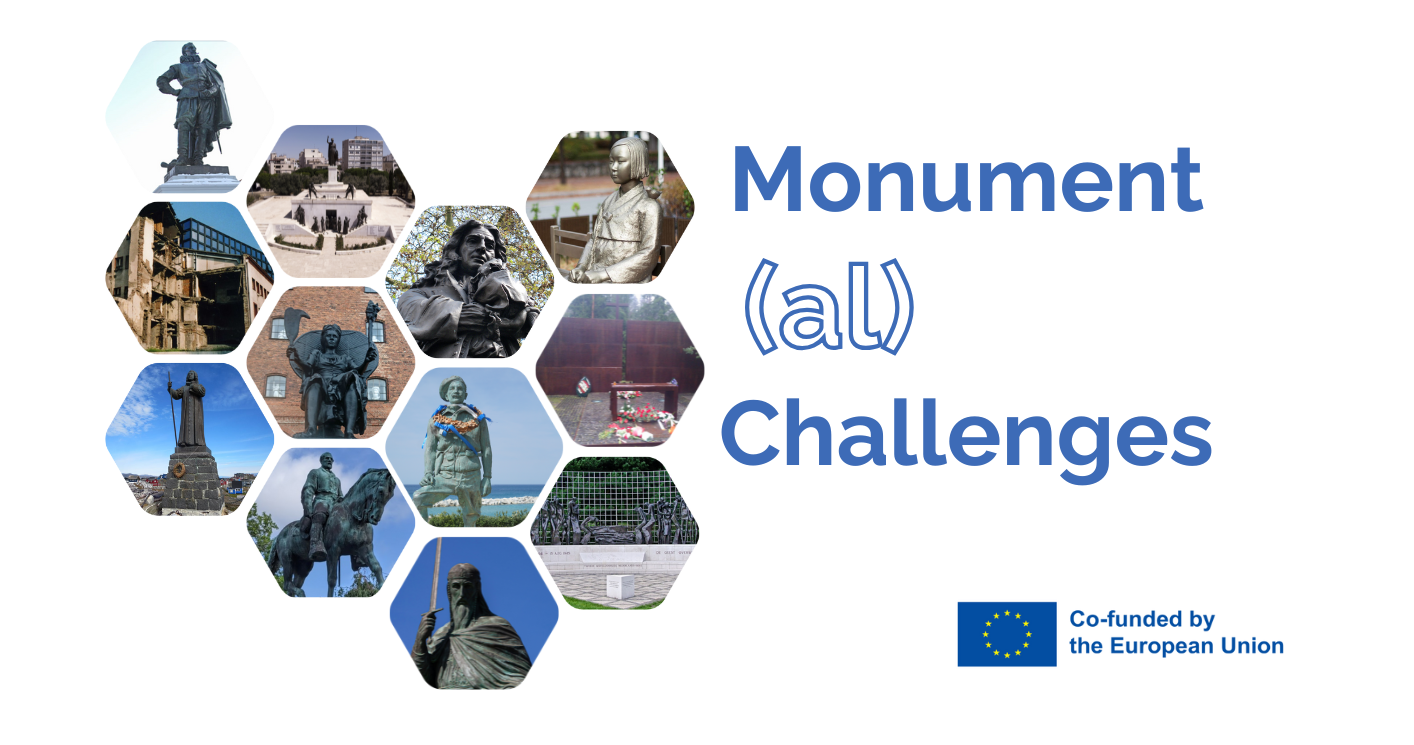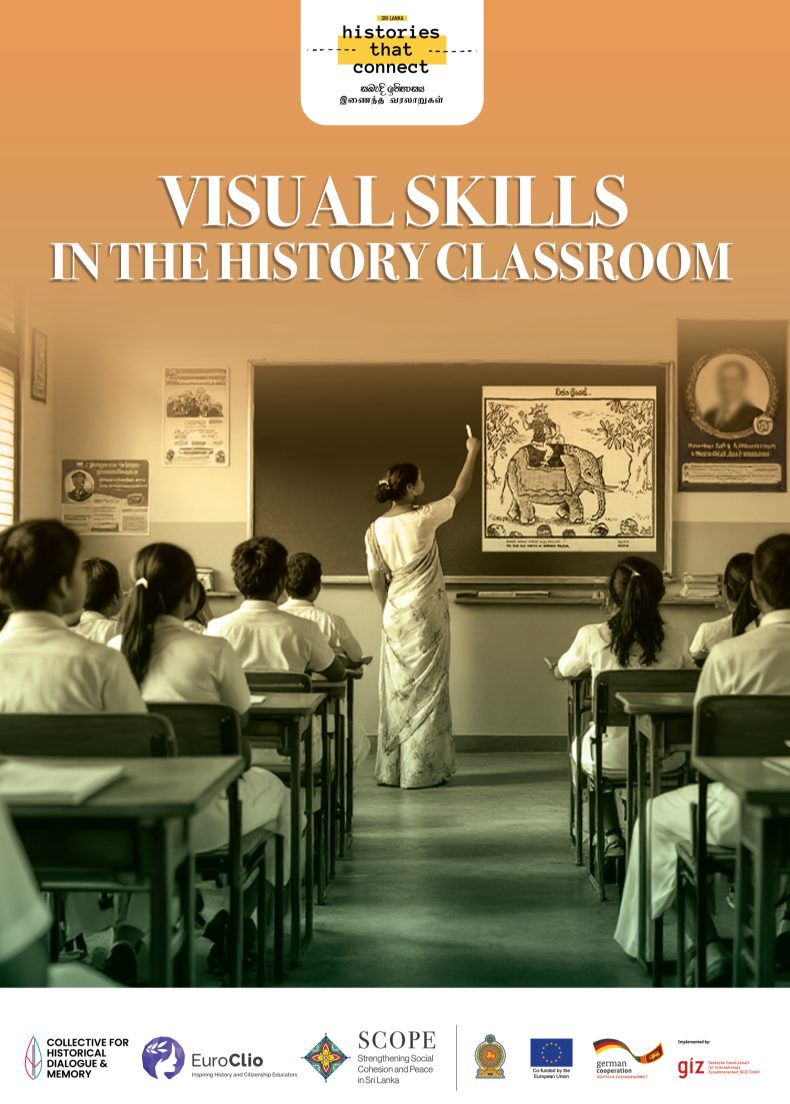With this project, we wish to value the perspective of ordinary lives in history. The project challenges the history teaching tradition dominated by learning facts and “big history”. We encourage history teachers to include research methods in their teaching, and allowing students to conduct the research, using the skills and methods of a historian. The importance of the project is not the competition, but the fact that pupils from all walks of life are given the opportunity to do historical research based on their own interests and terms. Given the opportunity to investigate historical topics “from below” and their own family as point of departure, will strengthen their motivation and give history more relevance to the lives they are living.
The Practice
Traditionally, history teaching and history textbooks have focused on the macro level of history and with a dominating national narrative. The micro historical perspective has not been considered equally significant when it comes to the development of historical understanding and consciousness among students. Research has also shown that history not necessarily is a popular subject among adolescents and many struggle to see the relevance, purpose and reason for learning history.
This is why The Norwegian Historical Association (HIFO) every year invites secondary and upper-secondary students, aged 14-19, to participate in the history competition titled “My family in history”. We strongly believe that when carrying out research based on their own interests and related to persons they relate to, both the interest, motivation for and understanding of the importance of history, will increase.
Apart from the aim to motivate students and strengthen their understanding of the relevance of history, there are at least four other aims of this project.
First, we wish to contribute to the development of the history teaching, and support the turn from fact-oriented history teaching, to more focus on developing historical skills and understanding of history as construction. Therefore, we encourage teachers to include this project as a part of their ordinary teaching, not just an assignment for the students to strive with on their spare time to earn extra credits.
The task of the students is to develop research questions, find appropriate historical sources and use this material as evidence when they construct arguments, reason historically and develop their narrative. Working with source material is important, but many students see it as tiresome and with limited understanding of the purpose of doing it. Therefore, when working with sources related to topics they themselves have decided important to investigate, we believe that working with sources will give more meaning and relevance to students. In the feedback from students, many of them report a broader understanding of the purpose of working with historical sources.
When searching for sources, we do not expect the students going to archives. That would require both time, skills and resources they might not possess. Instead, we advise the students to find source material at home, either letters, pictures and, as most of them do, conduct interviews with family members. This is also a reason why we have chosen family history as the topic, since we assume it will be the easiest way for most students to find source material.
To the history teachers, we emphasise that this is a low-entry competition. Ideally, we wish that all students would take part in doing this kind of historical research. To include as many students as possible, we decided that the topic should be as wide as possible. More narrow topics will naturally exclude someone. Especially students with a family origin other than Norwegian, could find it difficult to participate if the topic was strictly related to events in Norwegian history. That is why the title of the competition is “My family in history”.
Secondly, we wish to enhance the understanding of multiperspectivity, by being able to relate family history to broader historical topics and to understand that historical processes might have been considered different depending on place and position of the witness. In this relation, we consider that the competition has a potential to include many historical perspectives, untold stories might come to the open, and the history of people and topics that normally are not included in the national narrative, might be given a voice. Subsequently, this type of project will have an inclusive and integrating potential.
The third aim is to develop the ability to see relationship between the micro and macro level of history. In other words, to see their family history in a broader historical perspective.
Many students with immigrant backgrounds naturally research why their grandparents left their native country and how they met their new country. On a personal level, this might be highly interesting for the students and contribute to their understanding of themselves and their identity. If they manage to compare their family history with other similar cases and broader historical context, it could be even more interesting and mind-opening. The essential question is: in what way do my family´s experiences fit with the broader picture? This is also the most difficult part of the assignment.
Finally, we encourage students to reflect on how they worked, what they discovered and how that might have changed their opinion of their family or history in general. Related to historical consciousness
We strongly believe that history from below matters and is important in the development of historical understanding and consciousness. We also believe that hearing as many voices as possible and trying to understand the differences in interpretations, is a value to the public debate and society. We acknowledge that “your story might be equally important to mine”. Subsequently, this project and way of learning is a valuable contribution, although it might be small, in building democratic values and greater understanding amongst people.
Although we have organised this project as a competition, it is no requirement. The project can easily be organised at school by the history teachers just for his/her class. Working with the competition can be done in many ways in the classroom. It is up to the history teacher to determine for how long the project shall last (although competition entries must be produced within the school year). Some teachers spend months on the project, while others only a week or two. Since many teachers incorporate working with family history in their ordinary teaching, they also assess and grade the work of their students.
Suggestion for main steps of the project:
- Find a family member (preferably one of your grandparents) you want to write about.
- Write down what you know about the person – are there any patterns, any significant changes in his/her life that you might find interesting?
- Ask questions – research question, research topic.
- How can this question / topic be related to a bigger picture? Read about the topic in your textbook or visit the library to find additional literature.
- Search for sources at home, conduct interviews.
- How can you use the source material as evidence to support your arguments and create a historical narrative?
- Make conclusions. Be sure that you have answered your research question.
- Reflect on the working process and your relation to your family and history.
When it comes to the research product, the competition allows written entries as well as film, podcast and blogs.
Obstacles and lessons learned
Writing about one’s own family is of course not possible for all. Family relations might be troublesome. In such cases, we recommend that the students either find another person to write about, or do research on other topics such as the local sports club, the changes in the local village etc., but still maintain the bottom-up perspective.
To others it might be challenging to create and maintain the necessary distance to the research topic. The availability of sources might also be unequally distributed among families – some families have a lot, while others don’t. But we believe that interviews can make up for lack of written source material. In this sense, the project can be included in the tradition of oral history.
We see that one of the biggest challenges is to make students, even some history teachers, acknowledge that ordinary people´s lives are both important and interesting as topic for historical investigation. Many students have a clear, but narrow conception of what history is all about and what it is supposed to be. They tend to see only the big changes and persons in history (Napoleon, Hitler and Stalin) as important. Students with this understanding of what history is really about, often have problems understanding the relevance of this project. They have a hard time starting up since there are no “famous people in my family”. In such cases, it might be vital that the teacher manages to have a fruitful discussion with the students about what is significant in history, including the concept of significance as such.
The effect of the practice
So far, we have not carried out any research related to this project, but feedback from students strongly indicate their excitement and joy for this learning approach. To many, history becomes more interesting and relevant. They discover new aspects of the lives of their family members, and tend to get a better understanding of the choices they made, opportunities they had, and the relevance of the historical context they lived in. Finally, through talks and interviews, many students create closer relationships with their grandparents. Even though this has less to do with history, it is, in my opinion, an outcome that should be cherished, desired and highly valued.
About the interviewee
Karsten Korbøl is board member of the Norwegian Historical Association, coordinator of the history competition “My family in history” and lecturer at the Department of Teacher Education and School Research, University of Oslo. He has been teaching history at upper-secondary school level for many years, and has been involved in developing national curricula and textbooks.
Background to the project
The Norwegian history competition “My family in history” was organised for the first time in 2000. The Norwegian Historical Association initiated and has organised the competition up to this date. Over the years, the topics have varied, but for the last 12 years it has been “My family in history”. When starting up the competition, we took much inspiration from the already existing competitions in Germany, organised by Körber stiftung, and in Poland, organised by the Karta foundation. What inspired us most, was the goal of making young students conduct their own historical research with a bottom-up perspective, e.g. seeing history from the perspective of ordinary people, and at the same time utilise their skills and knowledge of historical research methods.



